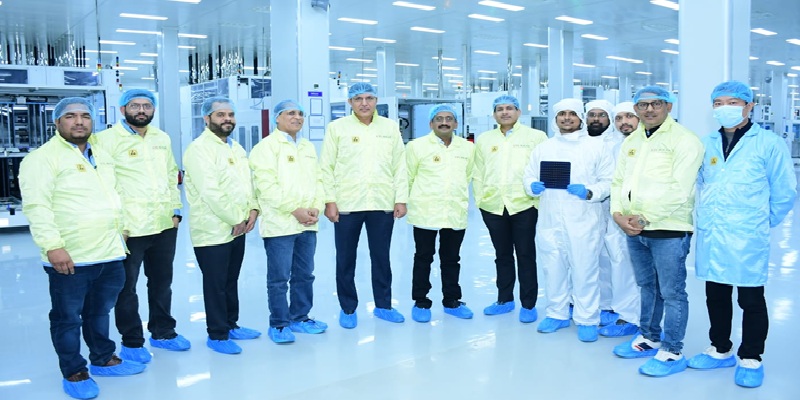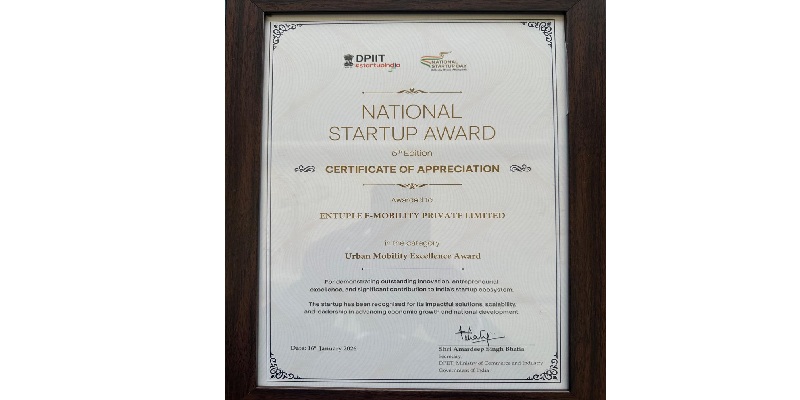Schedule a Call Back
How ESG is catalysing India's SMEs for global competitiveness
 Industry News
Industry News- Oct 09,23

In the dynamic landscape of global business, a confluence of factors has prompted a significant reconfiguration of global supply chains. The COVID-19 pandemic laid bare the vulnerability of single-source supply chains, compelling companies to adopt the ?China+1? strategy, with Southeast Asia emerging as a primary beneficiary due to its cost efficiency, improving infrastructure, and stability. Geopolitical tensions and trade disputes, particularly between the US and China, further accelerated this shift.
Simultaneously, a transformative change is reshaping the competitive dynamics. India has traditionally relied on its demographic dividend and low labour costs to maintain its position in the global supply chain. However, a new mandate emphasising environmental, social, and governance (ESG) compliance has surfaced, demanding India's attention if it wishes to secure its place in the international marketplace.
India?s advantage: Limited and evolving
India's competitive advantage has historically stemmed from its low-cost labour and a burgeoning working-age population. While the average monthly minimum wage in India is around $65, neighbouring countries like Vietnam ($35) and Bangladesh ($72) boast even lower costs. India also possesses a larger working-age population than other major economies, a demographic edge that is, however, set to decline after 2036. Additionally, labour costs are just one component of the larger business equation, with factors like the business environment, tariffs, and local supply chain capabilities also playing pivotal roles.
ESG compliance: A new imperative
The global shift towards sustainability has altered the traditional metrics of competitive advantage. Conscientious consumers and the globalisation of trade have led global brands to prioritise ESG compliance from their suppliers. For instance, companies like H&M and Apple have committed to stringent ESG standards throughout their supply chains. Indian enterprises must wholeheartedly embrace ESG principles to sustain their competitiveness globally. However, this transition poses significant challenges, especially for Small and Medium-sized Enterprises (SMEs), in terms of investment, knowledge, and compliance.
Government's role as a catalyst
In this transformative landscape, the government's role is crucial. It can facilitate a sustainable transformation within the sector through:
1. Clear ESG guidelines and certification: The government should establish straightforward ESG guidelines tailored for SMEs, forming the basis for a certification program. This recognition would signify a company's commitment to sustainability and ethical practices.
2. Streamlined ESG reporting: The government should introduce an ESG reporting framework specifically designed for SMEs, excluding irrelevant indicators and simplifying the disclosure process. The framework should use easily accessible data sources and plain language for accessibility and comprehension.
3. Supportive ecosystem: To ease the financial burden of ESG compliance, the government can offer incentives such as tax breaks, subsidies, and low-interest loans. Collaboration between industry associations and financial institutions can create accessible financing options. Moreover, government-sponsored training programs can equip SMEs with the necessary skills for effective ESG implementation.
India's SME sector faces a pivotal moment, where embracing ESG as a competitive advantage is not just necessary but inevitable. By introducing standardised ESG disclosure and certification and by providing guidance, incentives, and support, the government can empower SMEs to navigate this transformation successfully, ensuring their enduring success on the global stage.
Source: Indiatimes The writer is Rishi Agarwal, Managing Director- Head, Asia, FSG
Related Stories

Fujiyama to Commission 1 GW Solar Cell Manufacturing Plant at Dadri
Fujiyama Power Systems has announced the commissioning of a 1 GW solar cell plant at Dadri, Uttar Pradesh, strengthening its integrated manufacturing capabilities and reducing reliance on imports.
Read more
ABB Wins Mumbai Metro Lines Propulsion and TCMS Order
ABB has secured a major order from Titagarh Rail Systems to supply propulsion systems and TCMS software for Mumbai Metro Lines 5 and 6, strengthening its role in India’s metro expansion.
Read more
Entuple E-Mobility Wins National Startup Award for Urban Mobility Excellence
Deep-tech EV powertrain company Entuple E-Mobility has been awarded the National Startup Award by DPIIT for its contributions to urban mobility innovation and sustainability.
Read more













